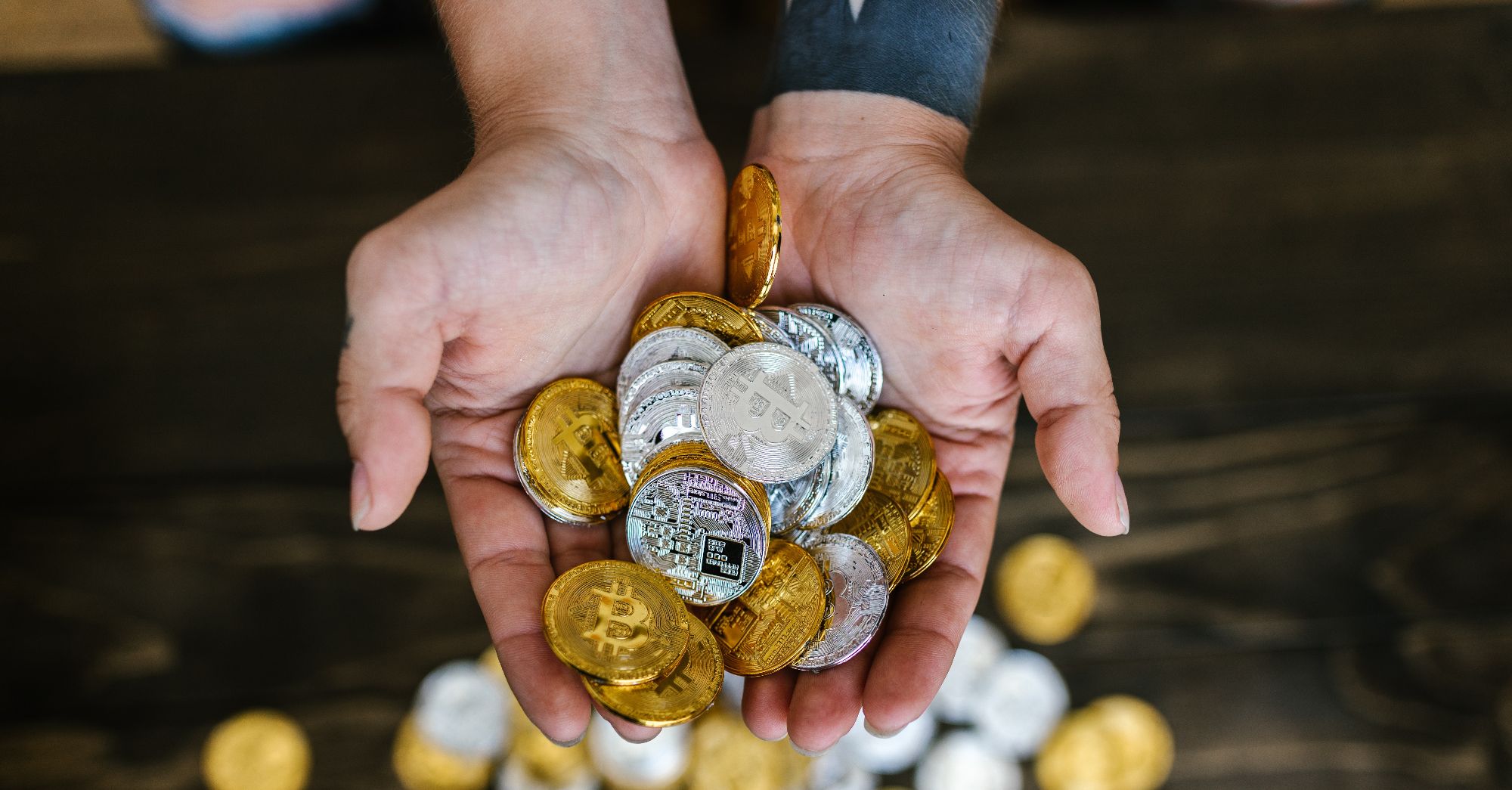If you've been investing in cryptocurrency for some time, you're likely to have encountered this question: where is the best place to keep my cryptocurrencies? As governments and financial institutions begin to understand the potential threat cryptocurrencies pose to their power, they are reacting by issuing laws that make it harder to keep your digital assets safe in traditional banks.
So, where can you turn to if you need to safeguard your digital assets? Many crypto-friendly banks are ready to welcome your digital assets with open arms.
What Are Crypto-Friendly Banks?
Since introducing cryptocurrency tokens and blockchain technology into the financial world, some banks have adopted them into their operations to serve customers better. These crypto-friendly banks serve as an upgrade from the standard regular centralized banks and operate even better than the latter. This is because they enable their customers to make monetary transactions using cryptocurrency tokens and fiat currency.
Crypto-friendly banks provide services for you to buy, sell, hold, and even save your crypto assets alongside your regular accounts. These banks' crypto section functions quite differently from the non-crypto one, which is based on decentralized cryptocurrencies. This means the tokens are not under complete regulation or control by a centralized body like the government.
Unfortunately, since the government does not insure these crypto tokens, it is somewhat impossible to recover lost crypto funds.
Why You Should Care About Them
The several benefits of using blockchain technology in financial transactions have given the technology an even stronger grip on the industry. The management of crypto-friendly banks and their customers stand to gain from adopting cryptocurrency in their operations.
Crypto-friendly banks make it easy for you to move money from tokens to fiat or vice versa. This is because crypto-friendly banks constantly maintain the independence of their customer's crypto and conventional bank account types.
Here are three reasons you should care about crypto-friendly banks:
1. Security of Transactions
While using cryptocurrency in crypto-friendly banks, your financial activities are of your knowledge alone and cannot be leaked by anyone. Only you can choose who has access to such private and personal information.
Creating a crypto wallet does not require your personal information unless the bank demands it when you are opening your account with them. The reason is that activity on a blockchain is made accessible to everyone using it; hence, it can potentially put its users at risk if their personal information is included.
2. Fewer Transaction Fees
Every time you make fiat transfers with traditional banks, they charge you a service fee. This affects your account because the bank deducts the service fee from your balance with every transaction.
The amount paid for transfers is less if you use cryptocurrencies at crypto-friendly banks. These banks offer lower transaction fees when transferring between crypto wallets and fiat.
Occasionally, some banks charge their customers a maintenance fee to keep their registered bank accounts. This fee is waived if you use a bank that supports crypto wallets because the blockchain is self-maintaining.
3. Transparency and Reliability of Transactions
Cryptocurrency transactions are made public and accessible by anyone connected to the blockchain involved, unlike regular banking, which keeps them between the customer and their bank.
This allows you to transact with your wallet and keep track of your financial records at any time. Customers can swiftly report any errors they notice in their accounts to their bank and get things straight.
A Look at Real-World Examples
With cryptocurrency offering many advantages to the banking system, many financial institutions have looked, and are still looking, to introduce the technology into their operations. As digital currencies grow in volume and number of participants, it is without a doubt that many more institutions will adopt this system.
Here are three examples of efficient crypto-friendly banks:
Juno
Juno is an all-inclusive crypto-friendly checking bank account dedicated to helping customers grow their savings and achieve their financial goals more quickly.
It offers services such as buying, selling, and storing cryptocurrencies like BTC, ETH, and USDC straight into their checking bank accounts. It is an API-based Neo-banking platform.
Ally Bank
Ally Bank is an online crypto-friendly bank based in the United States. It's ideal for anybody looking for a bank to cover their financial needs, including savings, checking, and crypto trading.
This bank allows customers to buy and sell cryptocurrency using Coinbase. It will enable you to use credit to buy Bitcoin and other cryptocurrencies through exchanges.
USAA
The United Services Automobile Association, or USAA, is a well-known Fortune 500 bank headquartered in Texas, United States. It is one of the best crypto-friendly banks as it is a major investor in Coinbase, with over $150 million. However, their services are exclusively for people and families who currently serve or have served in the United States Armed Forces.
You can manage several accounts from various financial institutions with a USAA account. This includes Coinbase, where you can view your total balance and track crypto transactions, making it easy to keep track of your cryptocurrency portfolio.
Risks Involved in Dealing with Crypto-Friendly Banks
Like every other technology, crypto banking also has downsides that may be risky for users, and you need to understand them before opening your wallet.
Here are the top two risks involved in using crypto-friendly banks:
1. Risk of Hacking
The large volume of digitalized currencies in the crypto market is an attraction to online hackers who have occasionally succeeded in stealing funds from different crypto wallets. This poses a threat to the funds of people using cryptocurrency on banking platforms.
2. Crypto Market Instability
The crypto market is also subject to tokens' buying and selling power and constantly moves higher or lower. Crypto-friendly banks have no control over the market trend; a risk users will have to take when depositing tokens.
How to Choose a Crypto Bank That Is Right for You
Before registering and opening an account with any crypto-friendly bank, you must consider factors. Here are five factors to look out for when choosing a crypto-friendly bank:
- Transfer fees: You should pick a crypto bank that charges low fees for each transaction you make with them.
- Rewards and interests: Your crypto bank should give you multiple rewards for transactions you make on their platform. Their interest rate on your savings must be comfortable for you as well.
- Number of crypto tokens available: A suitable crypto-friendly bank offers many crypto assets you can save, hold, or trade.
- Legitimacy: Your crypto bank should have solid proof of its legitimacy and be a registered institution. This is important to avoid scam banks only looking to hack your crypto wallet.
- Customer reviews: Ensure that the general review of other customers regarding the crypto-friendly bank is mostly positive before depositing your money. If it is an online bank, you can go through the app reviews before downloading it or registering on the app.
Crypto Banks vs. Traditional Banks
Crypto-friendly banks offer many rewards and give their customers a chance to grow their financial portfolios. This has put the newly-introduced technology on the path to being a global standard in financial institutions. So if you're not a customer of one yet, it might be time for you to switch to a crypto-friendly bank!





.jpg)